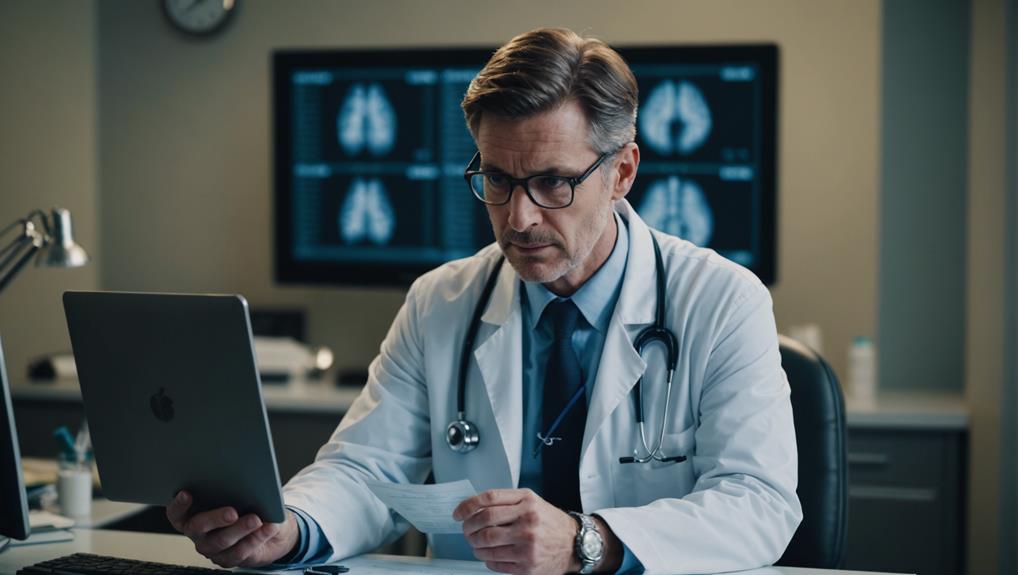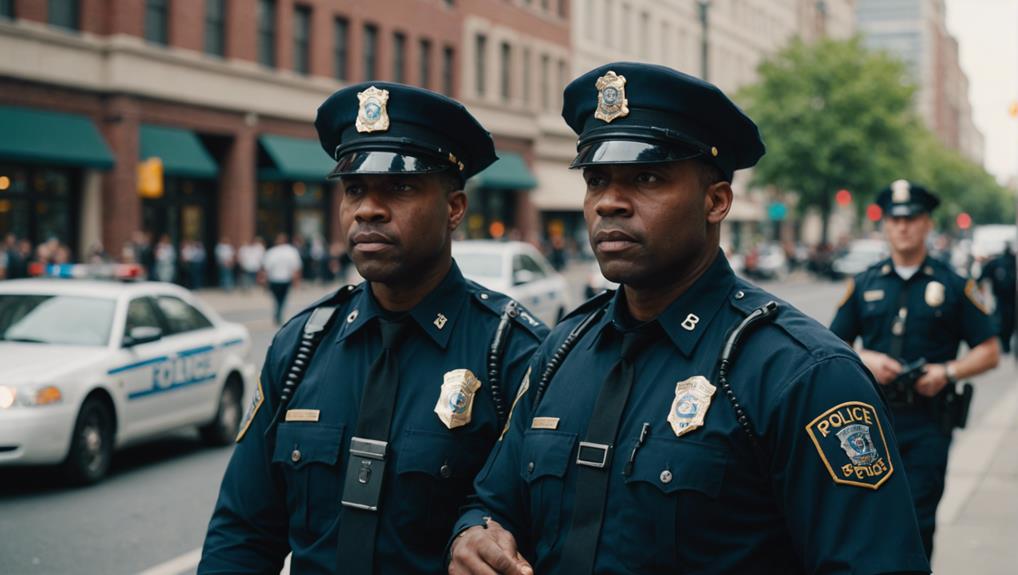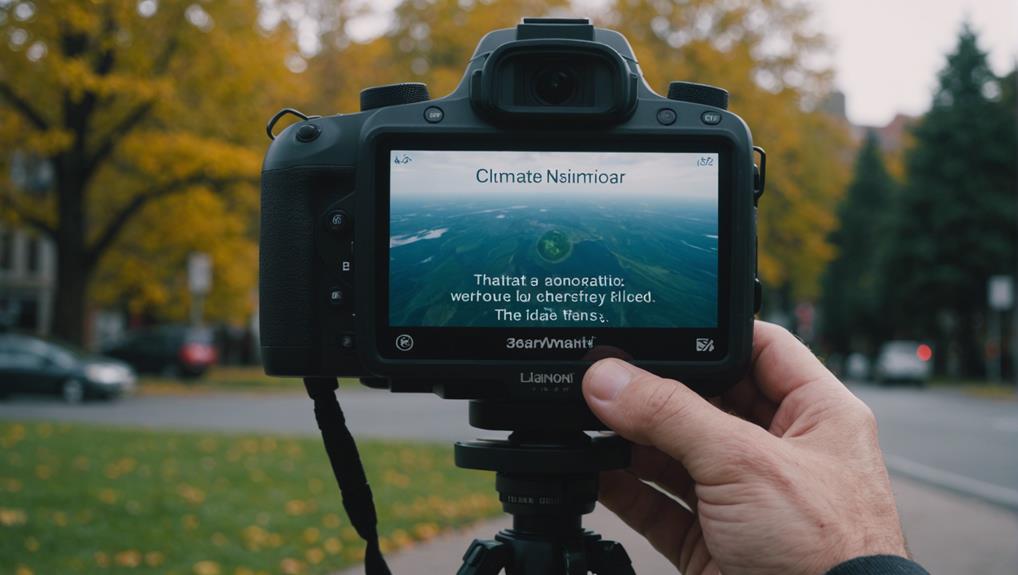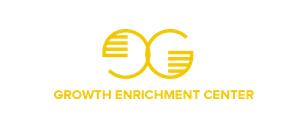
You may have encountered confirmation bias in various ways, from political affiliations influencing your news consumption to the decisions made in courtrooms. It can be subtle yet powerful, shaping our perspectives without us even realizing it. Consider how this bias manifests in everyday situations and impacts your beliefs. As we explore some of the best-verified examples of confirmation bias, you'll gain insight into its profound influence on our thoughts and actions. Stay tuned to uncover how this cognitive phenomenon plays out in different scenarios and how to navigate its effects.
Political Affiliation and News Sources
When choosing news sources based on your political affiliation, it's important to be aware of how confirmation bias can influence your perceptions and understanding of current events. It's natural to seek out information that aligns with your beliefs, but it's vital to also expose yourself to diverse perspectives. By solely consuming news that confirms your existing views, you risk falling into a cycle of reinforcing biases and overlooking valuable insights from alternative viewpoints.
To combat confirmation bias in your news consumption, challenge yourself to explore a variety of sources with different political leanings. Engaging with a range of perspectives can help you develop a more nuanced understanding of complex issues and foster empathy towards individuals with differing opinions. Remember that being open-minded doesn't mean abandoning your beliefs; rather, it allows you to critically evaluate information and make informed decisions. By actively seeking out diverse viewpoints, you empower yourself to become a well-informed and thoughtful consumer of news.
Jury Decision-Making in Trials
As you consider the complexities of jury decision-making in trials, remember the weight of biases that can influence outcomes. Evidence presented in court may not always sway preconceptions deeply rooted in jurors' minds.
Reflect on the impact of these factors in shaping verdicts and the pursuit of justice within the legal system.
Jury Biases in Trials
In trials, juries play an essential role in making decisions that can profoundly impact people's lives. When it comes to jury biases in trials, it's important to acknowledge the potential impact of these biases on the outcomes of cases. Here are some key points to keep in mind:
- Implicit Biases: Juries may unintentionally hold biases based on race, gender, or socio-economic status.
- Group Polarization: Jury deliberations can sometimes amplify initial inclinations, leading to more extreme decisions.
- Anchoring Effect: Initial pieces of evidence presented can heavily influence the entire jury's perception of the case.
- Halo Effect: Positive or negative perceptions of a defendant can unduly influence how other evidence is interpreted.
Understanding these biases is vital to ensuring fair and just trial outcomes.
Influence of Evidence
To truly grasp the impact of evidence on jury decision-making in trials, consider how the presented information can sway perceptions and ultimately shape the outcome of a case. Evidence plays a pivotal role in guiding jurors towards a verdict.
When compelling evidence is presented clearly and convincingly, it has the power to influence opinions and lead to a just decision. However, the interpretation of evidence is subjective, and jurors may inadvertently be influenced by their own biases or preconceptions.
It's essential for jurors to critically analyze the evidence presented, keeping an open mind and weighing all facts impartially. By acknowledging the influence of evidence in shaping perceptions, jurors can aspire to deliver fair and unbiased verdicts that uphold the principles of justice.
Preconceptions in Verdicts
Be mindful of your preconceptions as they can greatly influence your verdict when serving on a jury during trials. It's important to approach each case with an open mind and a willingness to examine the evidence presented objectively. Here are some key points to keep in mind:
- Acknowledge Bias: Recognize that everyone has biases, and it's vital to be aware of them.
- Seek Understanding: Take the time to understand the perspectives of all parties involved in the trial.
- Evaluate Evidence: Base your decision solely on the evidence presented in court, not on personal beliefs or assumptions.
- Deliberate Fairly: Engage in thoughtful discussions with your fellow jurors, considering all viewpoints before reaching a verdict.
Social Media Echo Chambers
Moving through social media echo chambers can feel like wandering in a maze where every turn reinforces your existing beliefs. The constant stream of content tailored to what you already think and feel creates a comforting bubble, shielding you from opposing viewpoints. While it may seem like a safe space, this echo chamber effect can limit your understanding of complex issues and hinder personal growth. It's important to challenge yourself by seeking out diverse perspectives, even if they initially make you uncomfortable.
Being aware of the echo chamber phenomenon is the first step towards breaking free from its constraints. By actively exposing yourself to differing opinions, you open yourself up to new ideas and opportunities for learning. Embrace the discomfort that comes with encountering viewpoints that challenge your own – it's a sign of intellectual growth and empathy.
Medical Misdiagnoses and Confirmation Bias

In the presence of medical misdiagnoses and confirmation bias, recognizing the potential for diagnostic errors and bias in the healthcare system is crucial.
Remember that validating a treatment plan without considering alternative perspectives can result in negative outcomes for patients.
Keep an open mind, seek diverse opinions, and prioritize thorough evaluations to reduce the influence of confirmation bias in medical decisions.
Diagnostic Errors and Bias
In the high-stakes world of medicine, overlooking the potential impact of confirmation bias on diagnostic errors can have serious consequences for patient care. It's essential to be mindful of how biases can influence medical decisions, leading to misdiagnoses and delayed treatments.
- Unconscious Biases: Acknowledge that everyone has biases that can unknowingly affect clinical judgment.
- Seeking Diverse Perspectives: Encourage seeking opinions from colleagues to challenge initial diagnostic impressions.
- Utilizing Decision Support Tools: Embrace the use of decision support tools to mitigate the influence of bias on diagnostic reasoning.
- Continuous Learning: Emphasize the importance of ongoing education and training to improve diagnostic accuracy and reduce errors.
Treatment Plan Confirmation
To enhance the quality of patient care and minimize the risks associated with medical misdiagnoses influenced by confirmation bias, it's crucial to prioritize thorough verification of treatment plans. When medical professionals are too quick to confirm a treatment plan without considering alternative options, it can lead to serious consequences for the patient.
Take the time to critically evaluate the proposed treatment, seeking second opinions or additional tests if necessary. Remember, the goal is to provide the best possible care for the patient, and this necessitates a willingness to challenge assumptions and explore all avenues.
Stock Market Predictions
Engage in careful analysis before making stock market predictions to avoid falling into the trap of confirmation bias. When predicting stock market trends, it's essential to approach the task with an open mind and a critical eye. Here are some tips to help you navigate the world of stock market predictions without succumbing to confirmation bias:
- Diversify your information sources: Seek out a variety of perspectives and data points to form a well-rounded view.
- Challenge your assumptions: Question your beliefs and preconceived notions to prevent confirmation bias from clouding your judgment.
- Consider alternative scenarios: Explore different possible outcomes and be prepared for unexpected market movements.
- Track your predictions: Keep a record of your forecasts and outcomes to evaluate your accuracy and learn from any mistakes.
Police Profiling and Confirmation Bias

When considering police profiling and confirmation bias, it's important to acknowledge the impact these biases have on individuals and communities.
Racial profiling concerns highlight the need for increased awareness and accountability within law enforcement practices.
Implicit bias training can play a vital role in addressing and mitigating these harmful biases to promote fairness and justice.
Police Bias Impact
Unconscious biases within law enforcement can greatly impact police profiling practices, perpetuating confirmation bias and leading to unjust outcomes.
- Initial assumptions based on stereotypes
- Over-reliance on past experiences
- Disregard for individual characteristics
- Lack of diverse perspectives in decision-making
It's vital to recognize these biases to address systemic issues and work towards fair and impartial policing. By acknowledging and actively combating these prejudices, law enforcement can aim towards a more just and equitable society.
Encouraging ongoing training, promoting diversity within police forces, and fostering open discussions about bias are essential steps in combating the negative effects of police bias. Each individual encounter presents an opportunity for positive change and a chance to uphold principles of fairness and justice.
Racial Profiling Concerns
Amidst concerns surrounding racial profiling in policing, it's important to confront the intertwined issues of police profiling and confirmation bias to foster a more just and equitable law enforcement system.
Racial profiling occurs when individuals are targeted based on their race or ethnicity, leading to unfair treatment and outcomes. This practice not only damages trust between communities and law enforcement but also perpetuates harmful stereotypes.
By acknowledging the existence of confirmation bias within policing, where preconceived notions influence actions and decisions, we can work towards dismantling these harmful practices.
It's vital to advocate for unbiased policing strategies, training, and accountability measures to make sure that all individuals are treated fairly and justly under the law.
Let's work towards a system that upholds justice for all and promotes equality in every interaction.
Implicit Bias Training
To address the intertwined issues of police profiling and confirmation bias, it's imperative to prioritize implementing implicit bias training within law enforcement agencies. This training can help officers recognize and challenge their unconscious biases, leading to fairer and more equitable interactions with the community.
Here are some key points to contemplate:
- Increased Awareness: Implicit bias training raises awareness about unconscious prejudices that may influence decision-making.
- Improved Communication: It enhances communication skills, fostering better understanding and empathy towards all individuals.
- Enhanced Decision-Making: By reducing bias, officers can make more objective decisions based on facts and behavior.
- Building Trust: It helps build trust between law enforcement and the community, promoting a safer and more inclusive environment for everyone.
Climate Change Debates

As we navigate the ongoing climate change debates, it's important to approach discussions with an open mind and a willingness to explore all perspectives. Climate change is a complex issue with far-reaching implications for our planet and future generations. It's vital to understand that confirmation bias can hinder progress in finding solutions to this pressing problem.
When engaging in debates about climate change, it's crucial to listen actively to different viewpoints, even those that may challenge your existing beliefs. By acknowledging and confronting your own biases, you can contribute to a more constructive dialogue on climate change. Remember that diverse perspectives can enrich our understanding and lead to innovative solutions.
Be open to exploring evidence that contradicts your initial assumptions, as this is key to overcoming confirmation bias in discussions on such a critical topic. Approaching climate change debates with empathy and a willingness to learn from others can foster a more inclusive and effective conversation. Let's endeavor to set aside preconceived notions and engage in discussions with curiosity and a shared goal of addressing this global challenge collaboratively.
Racial Biases in Hiring Practices
Addressing racial biases in hiring practices requires a concerted effort to challenge ingrained prejudices and promote diversity and inclusion in the workplace. It's essential to acknowledge the existence of these biases and actively work towards eliminating them to create a fair and equitable recruitment process.
By recognizing and addressing racial biases, organizations can foster an environment where every individual is given equal opportunities based on merit and skills rather than skin color.
Here are some vital steps to combat racial biases in hiring:
- Implementing blind recruitment processes to focus solely on qualifications.
- Providing diversity and inclusion training for hiring managers and employees.
- Setting specific diversity goals and regularly measuring progress.
- Actively seeking out candidates from underrepresented racial groups to promote diversity.
Confirmation Bias in Relationship Conflicts

Challenging relationship conflicts involves recognizing and addressing confirmation bias to promote understanding and resolution. When tensions arise, it's natural to seek evidence that supports our own perspectives, sometimes at the cost of dismissing the other person's feelings or viewpoints. This tendency can escalate misunderstandings and hinder genuine communication. By acknowledging the presence of confirmation bias in your relationship conflicts, you take the first step towards fostering healthier interactions.
Try to approach disagreements with an open mind and a willingness to explore alternative explanations. Reflect on how your preconceived notions might be influencing your interpretation of the situation. Actively listen to the other person's side of the story without immediately jumping to conclusions. Remember, relationships thrive on mutual respect and empathy.
Embracing a mindset that values understanding over being right can lead to breakthroughs in resolving conflicts. By challenging confirmation bias in your relationships, you pave the way for deeper connections and more meaningful resolutions.
Confirmation Bias in Historical Interpretations
In exploring historical interpretations, consider how confirmation bias may shape our understanding of past events and figures. It's crucial to acknowledge that our preconceived notions and beliefs can heavily influence the way we interpret history. When delving into the past, be mindful of these biases to aim for a more accurate representation of historical events.
- Selective Interpretation: We tend to focus on information that confirms our existing beliefs about historical figures or events, potentially overlooking contradictory evidence.
- Attribution Biases: Assigning motives or intentions to historical figures based on our own perspectives can lead to a skewed interpretation of their actions.
- Historical Revisionism: Reinterpreting past events to fit a particular narrative can be a result of confirmation bias, altering the true course of history.
- Ignoring Counterarguments: Disregarding alternative viewpoints or evidence that contradicts our understanding of history can perpetuate biased interpretations.
Frequently Asked Questions
How Can Confirmation Bias Affect Climate Change Debates?
When discussing climate change, confirmation bias can make you stubborn in your beliefs, dismissing opposing views. It's essential to remain open-minded, consider all evidence, and engage in respectful dialogue to foster understanding and progress in these debates.
What Role Does Confirmation Bias Play in Stock Market Predictions?
When predicting stock markets, confirmation bias can lead you astray. Overemphasizing data that aligns with your beliefs can cloud judgment. Remember, diversify sources, challenge assumptions, and stay open-minded to make informed decisions.
How Does Confirmation Bias Impact Police Profiling?
When considering how confirmation bias impacts police profiling, remember to stay open-minded and question preconceived notions. Actively seek diverse perspectives and challenge assumptions to guarantee fair and just assessments in law enforcement practices.
Can Confirmation Bias Influence Jury Decision-Making in Trials?
When juries rely on confirmation bias, they may overlook important evidence. Stay mindful of this tendency. Embrace impartiality and investigate thoroughly into facts. Your fair judgment can make a difference in upholding justice.
In What Ways Does Confirmation Bias Affect Historical Interpretations?
When considering historical interpretations, confirmation bias can lead you to favor information aligning with existing beliefs, overlooking contrary evidence. Stay open-minded, seek diverse perspectives, and critically analyze sources to combat bias.
Conclusion
You've navigated through the tangled web of confirmation bias, shedding light on its impact in various spheres of life.
Remember, like a compass guiding you through murky waters, awareness and critical thinking can help you steer clear of the pitfalls of bias.
Embrace the diversity of perspectives, and let the winds of change blow away the clouds of bias, revealing a brighter, more inclusive horizon ahead.
Keep seeking truth with an open mind and a courageous heart.

